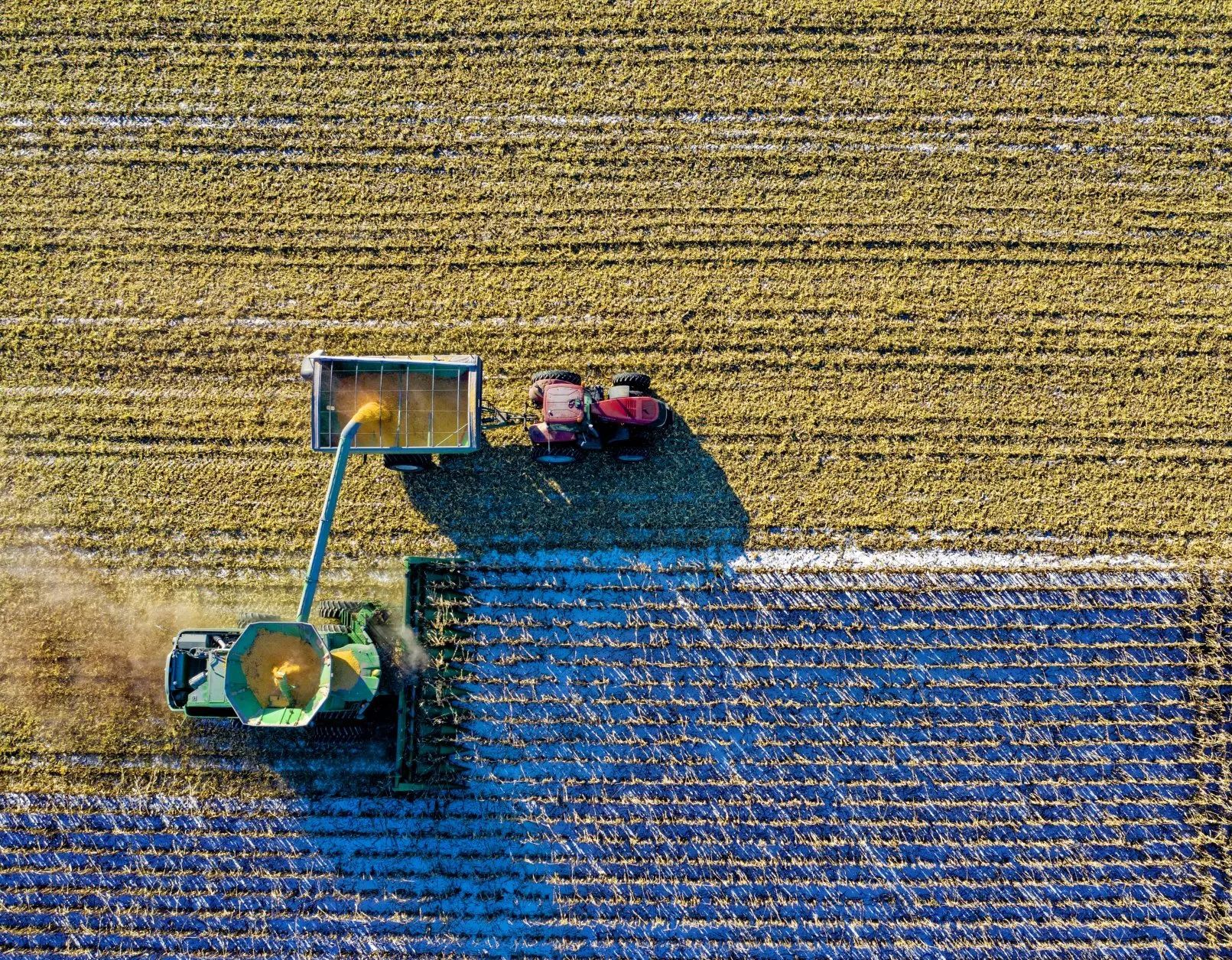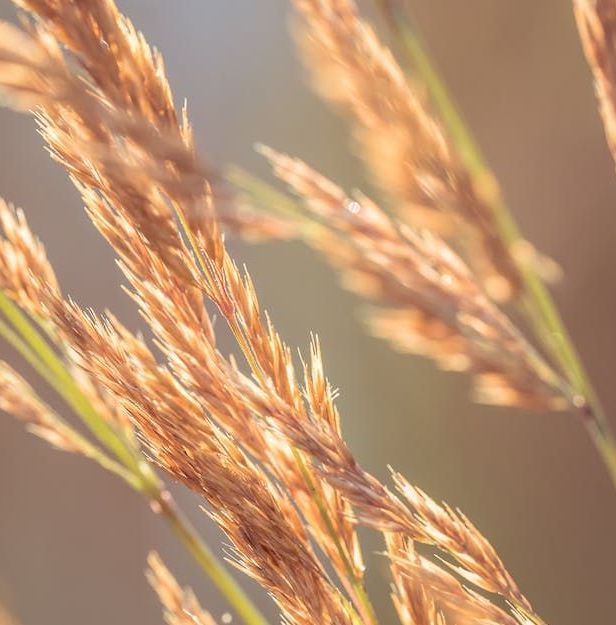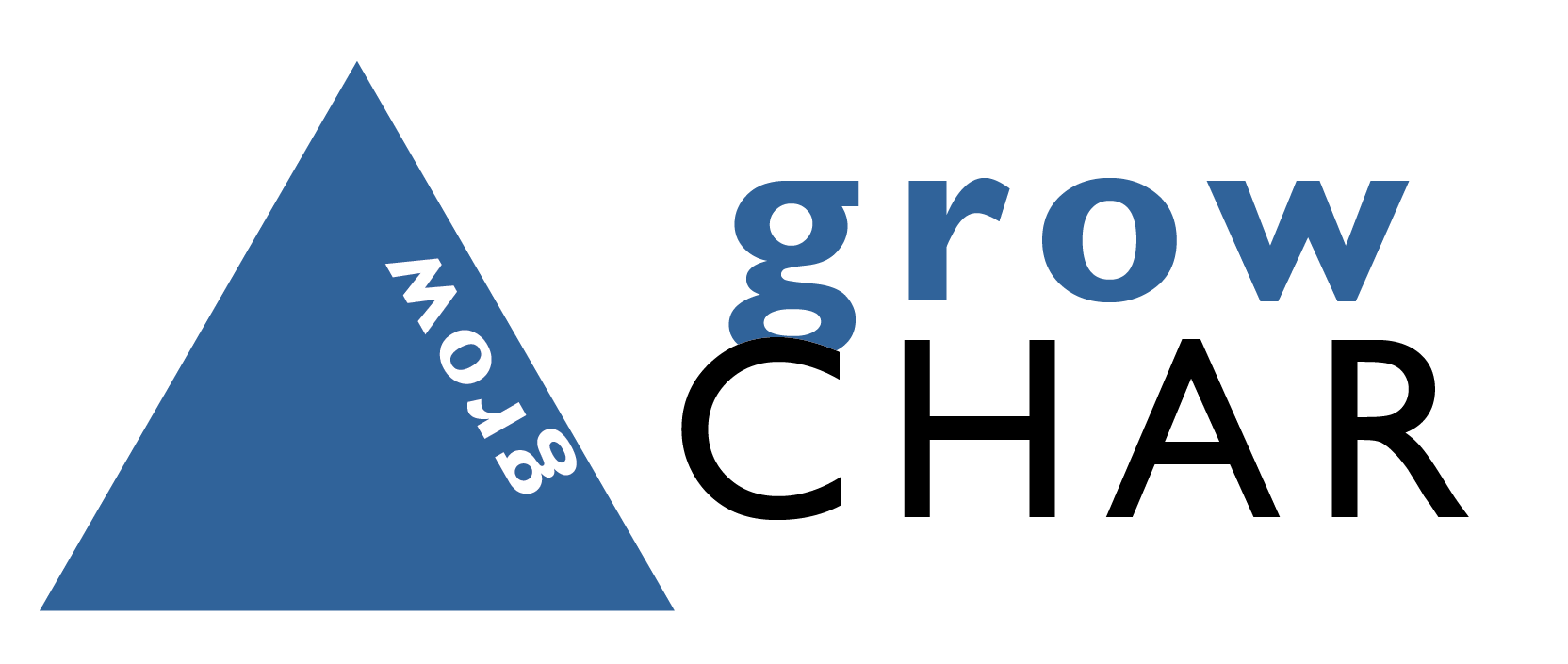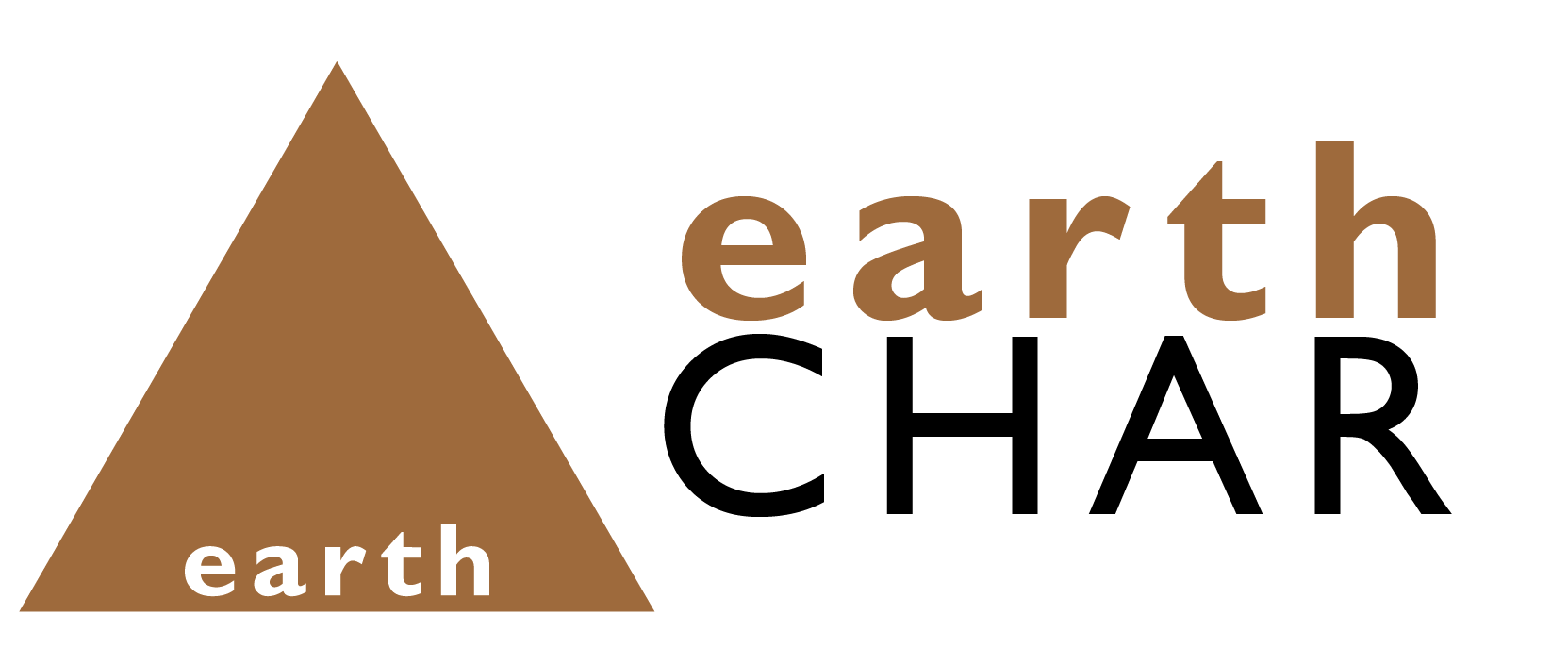What Is Biochar?
Unlock the Power of Biochar: How This Soil Booster Transforms Your Land
If you work the land in the Mid-Atlantic region, you know the soil doesn’t always play fair—rocky on the slopes, heavy clay in the valleys, and quick to dry out or flood. Whether you manage a farm, run a nursery, or tend a backyard garden, you’ve probably wondered: What is biochar, and could it help?
At Metzler Biochar, we produce clean, wood-based biochar that helps local soil retain water, support plant roots, and remain productive. Let’s take a closer look at how it works—and what it can do for your land.
Why Choose Metzler Biochar?
Metzler has been a forest products industry leader since 1986. From harvesting and processing to innovating with biochar, our family knows wood—and the land—inside and out.
Based in Mifflin County, we craft our biochar from clean, local wood fiber tailored to your specific soil and needs.
This isn’t a side hustle or a trend—it’s a trusted, proven way to nurture the soil you rely on.
What Exactly Is Biochar?
Biochar is a carbon-rich material produced by heating organic matter, such as clean mixed hardwood fiber.
It resembles charcoal but is specifically designed to improve soil quality. Biochar helps soil retain water, hold nutrients, and support healthy roots by providing habitat for microbes to thrive. This gives your land a stronger foundation for better crops and plants.
By “clean wood fiber,” we mean natural, untreated wood fiber that’s free from paint, chemicals, glue, or preservatives. Using only clean wood fiber ensures Metzler Biochar produces a safe, high-quality product that won’t introduce harmful toxins into your soil.
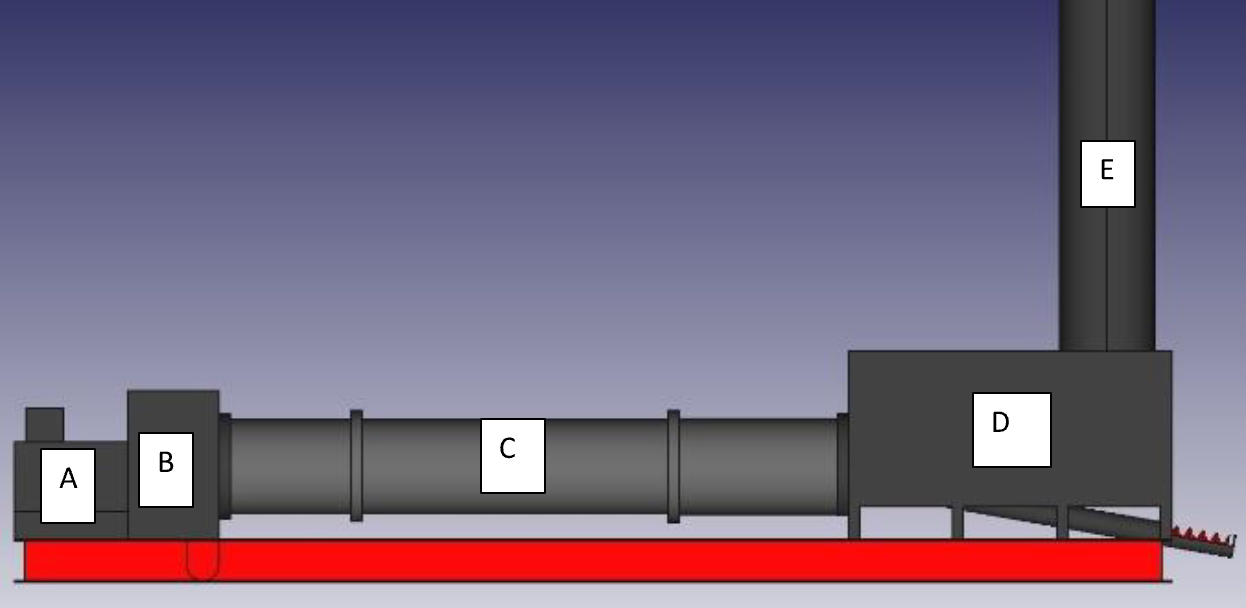
How Is Biochar Made?
Biochar is created by heating organic matter, such as wood, at high temperatures in a low-oxygen environment.
This process, known as
pyrolysis, slowly draws moisture out of the wood over several hours, preserving nutrients. The result is a stable, carbon-rich material that enhances soil quality and growth.
How Metzler Makes Biochar
We start with clean wood chips and sawdust from sustainably harvested Pennsylvania trees. These materials are heated to 1,350°F in an oxygen-limited rotary kiln. It removes moisture and volatile compounds, leaving behind stable carbon with a honeycomb shape. Finally, we quench the char with water to stop the reaction and stabilize the structure.
The result? Biochar that’s packed with micro-pores that hold water, attract nutrients, and gives good microbes a place to grow.
Even better,
our system reuses excess heat to power firewood kilns, replacing hundreds of thousands of gallons of propane per year. That means cleaner energy, lower waste, and a product built for your soil and our shared future.
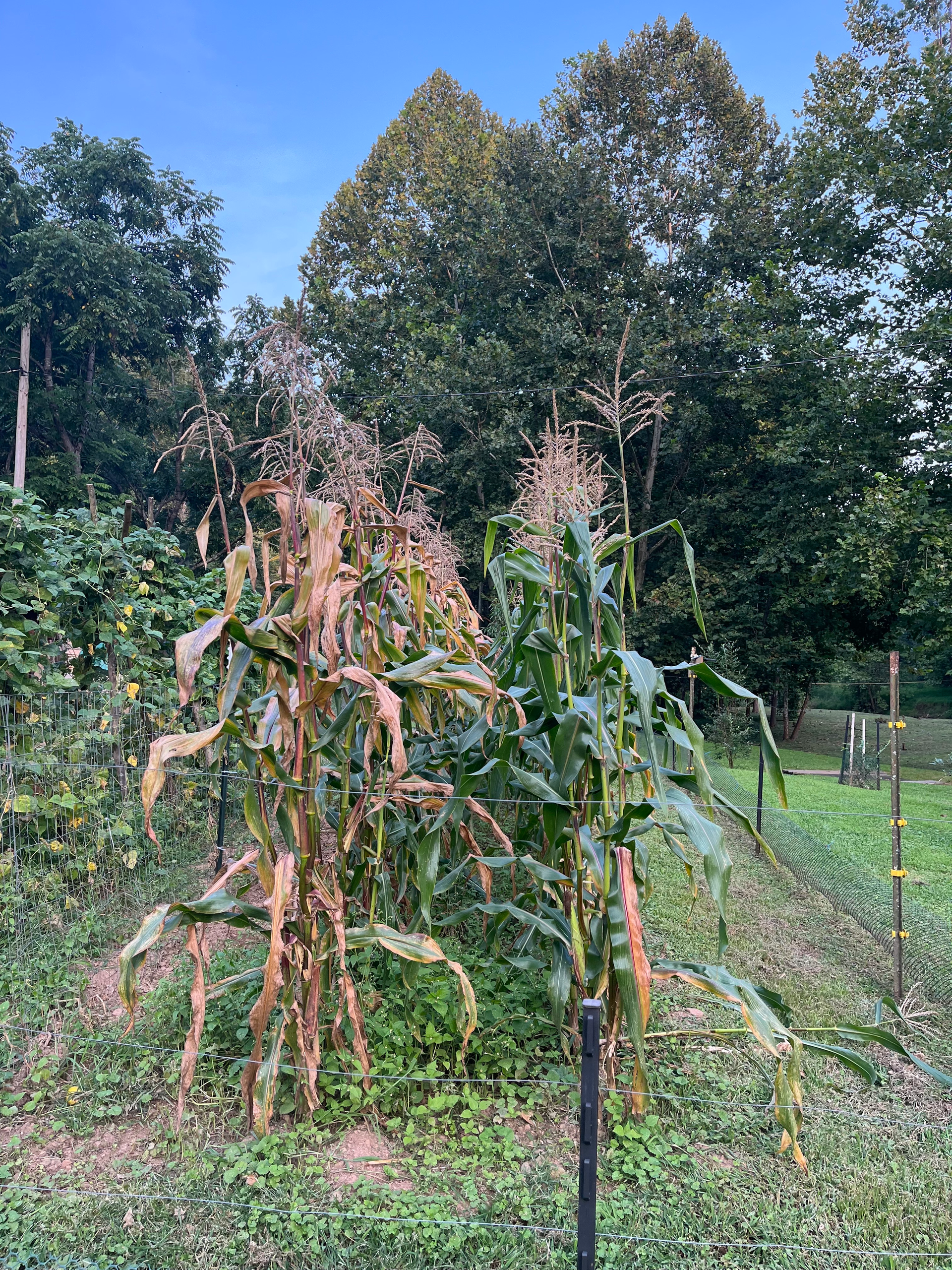
How Does Biochar Work in Soil?
Look at your soil. Perhaps it’s heavy with clay or dries out too quickly during those hot summer weeks. Biochar fits right in, acting like a sponge to hold onto water when rain is scarce. It also locks in nutrients so they don’t wash away down your hillside or into the creek.
Beyond that, biochar gives good microbes a place to thrive—those tiny helpers that break down organic matter and feed your plants’ roots.
Adding biochar means your soil works better for you, holding moisture and nutrients where your crops and trees can reach them, year after year.
Can I use biochar in my garden?
Absolutely. Picture lush flower beds that soak up water without wilting, beefy tomatoes bursting with flavor, and juicier watermelons that keep your family coming back for more.
Biochar helps your garden hold moisture and lock in nutrients, so plants grow stronger with less watering and fertilizing. You’ll also see fewer weeds and grubs, because healthy soil means plants can defend themselves better.
Pro tip: Mix biochar into your soil or compost before planting, and watch your garden thrive.
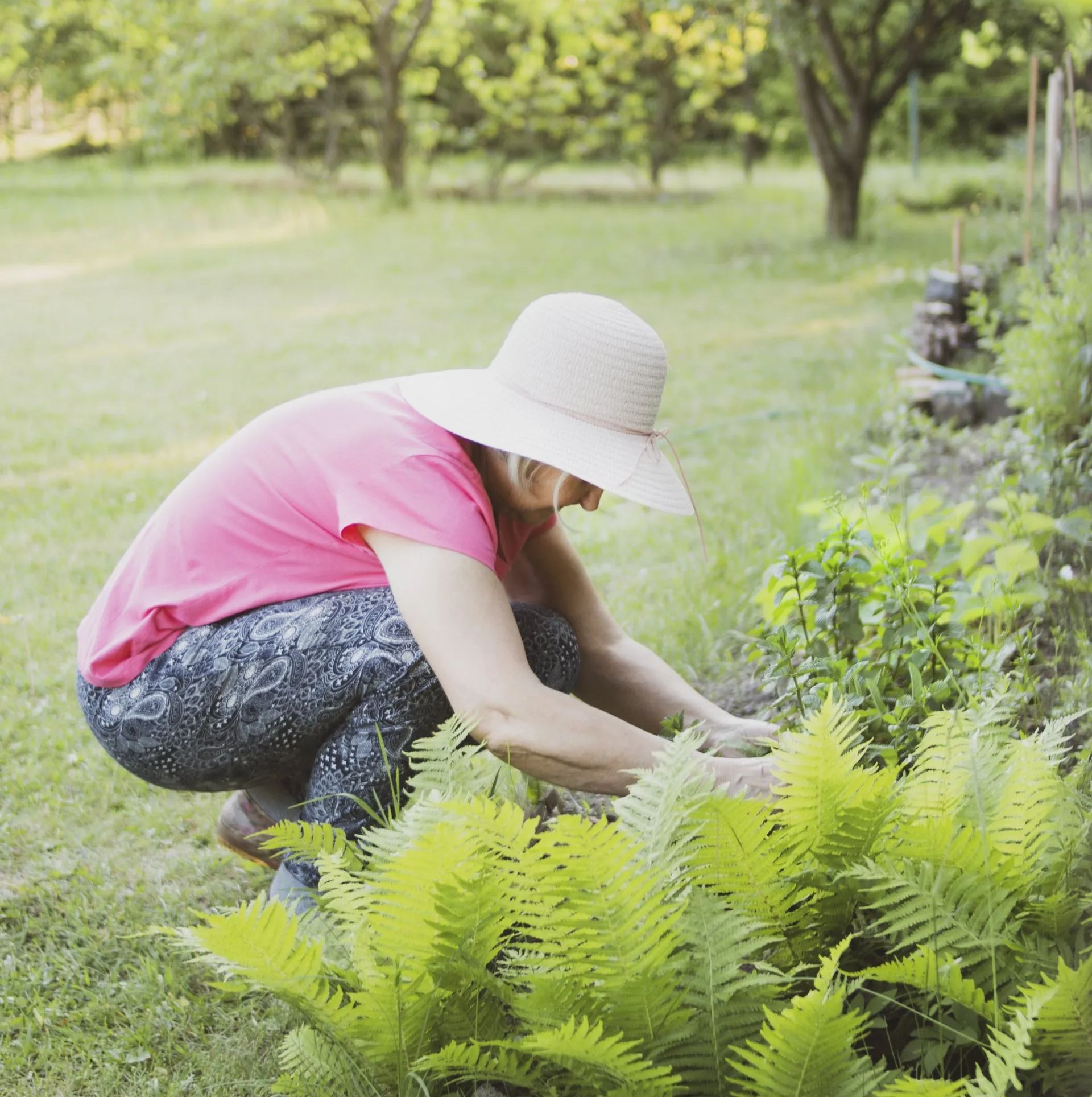
Let's Review: Why use Biochar?
- Hold more water during dry spells, reducing irrigation needs.
- Lock in nutrients so plants get what they need without waste.
- Support healthy roots and microbes that naturally boost soil fertility.
- Improve soil structure, making tough clay easier to work and rocky soil more productive.
- Reduce pests and weeds by promoting stronger plants and balanced soil life.
- Store carbon long-term, trap carbon emissions, and keep the air cleaner.
Ready to dig deeper?
Considerations
Biochar works best when used correctly. Here are some tips to get the most from it:
Charge your biochar first
Mixing biochar with compost, compost tea, manure, or fertilizer helps it retain nutrients immediately and prevents it from leaching them out of your soil.
Use the right amount
Start with a moderate application suited to your soil and crop needs—this saves money and ensures balanced soil health.
Test your soil
Knowing your soil’s current condition helps you tailor biochar use for the best results over time.
Choose quality biochar
Metzler’s clean, locally produced biochar is specifically designed for healthy soils, providing consistent, safe, and effective performance.
By following these simple steps, you’ll avoid common pitfalls and help your soil—and your crops—thrive.
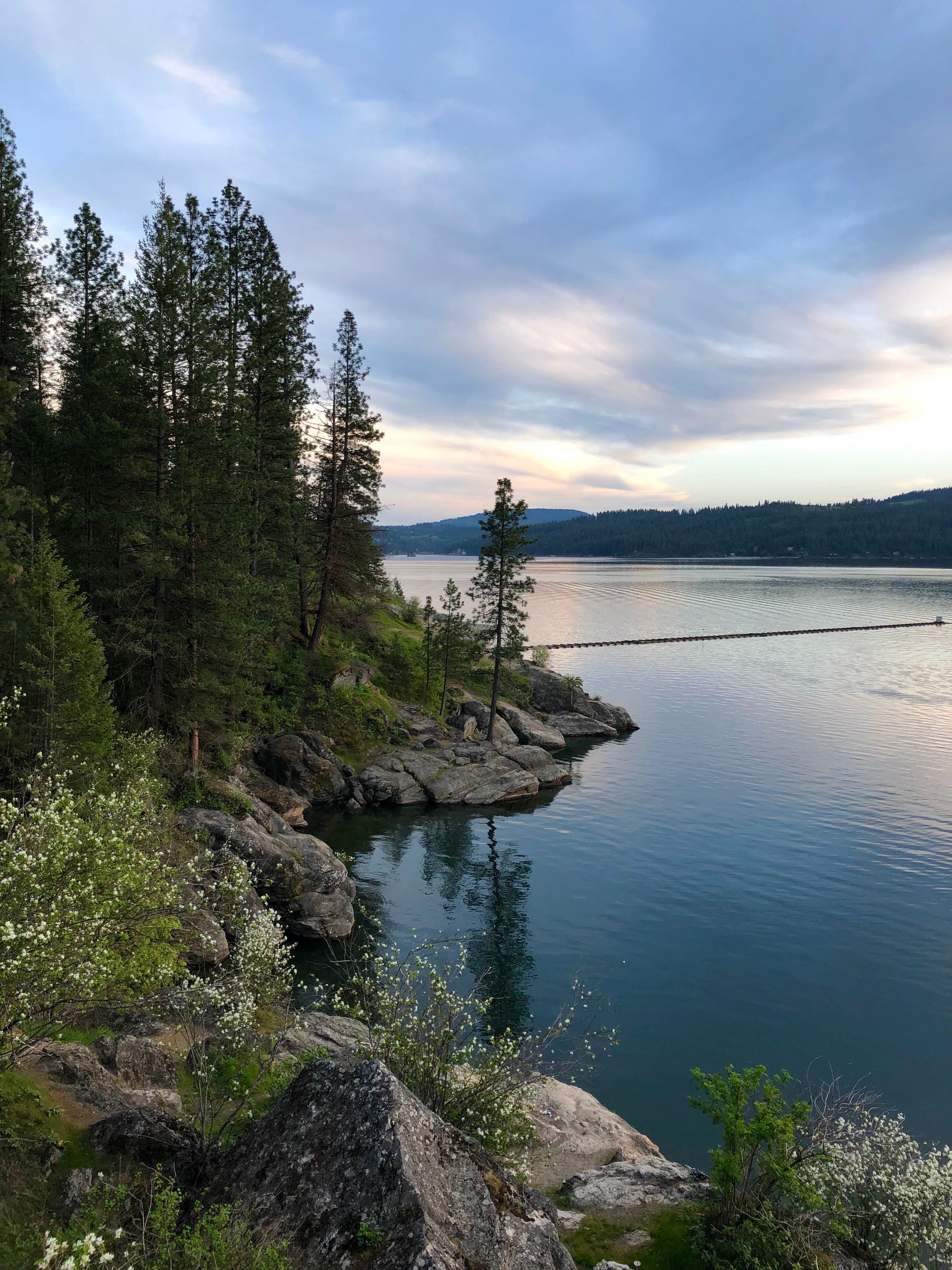
Which of Our Biochar Products Is Right for You?
At Metzler Biochar, we offer several biochar options tailored to fit your specific land and crop needs:
High-carbon, lab-tested, USDA BioPreferred certified and made from local sawmill co‑products, Metzler pureCHAR boosts growth, reduces ammonia (ideal for poultry and livestock bedding), and even enhances stormwater filtration.
Best for:
Farms, orchards, vineyards, and livestock operations seeking premium, versatile biochar.
A USDA BioPreferred certified mix of biochar and compost, Metzler growCHAR enhances water and nutrient availability and simplifies the “charge before planting” preparation process.
Best for:
Nurseries, home gardens, vineyards—anywhere you want richer planting soil with minimal effort.
A ready-to-use soil blend of screened topsoil, growCHAR compost, and pureCHAR biochar. Metler earthCHAR improves water infiltration in raised beds, planters, tree lines, and new planting installations—no extra mixing required.
Best for:
tree farms, landscaping projects, and planting beds that require quick soil conditioning.
Cost-effective and available by the cubic yard, this material is ideal for large fields, reclamation projects, or improving soil on construction sites. Available in loose bulk or super-sacks with delivery options from our Mifflin County facility.
Best for: Large-scale farms, construction sites, land restoration, and erosion control projects.
faq'S
Common Questions About Biochar
Discover the Power of Biochar
Unlock Lasting Soil Health and Growth with Biochar
You know your land. You work it, care for it, and watch it change with the seasons. So when we talk about soil health, we’re not just talking science—we’re talking about your future. Metzler Biochar gives you a simple, natural way to get more from the ground you depend on.
Better water retention, stronger roots, healthier crops. Less waste. Less stress. More peace of mind. That’s what the right biochar can do.

